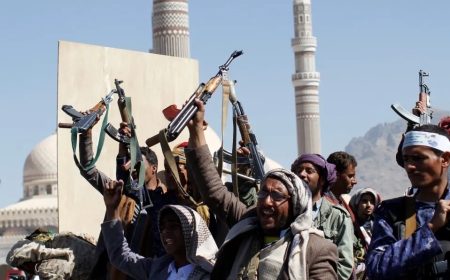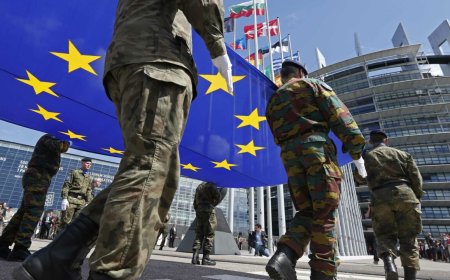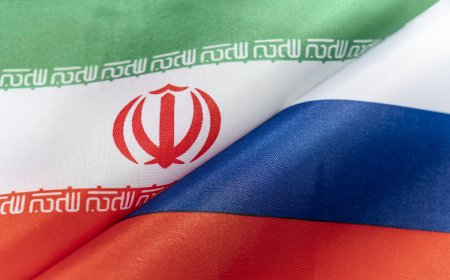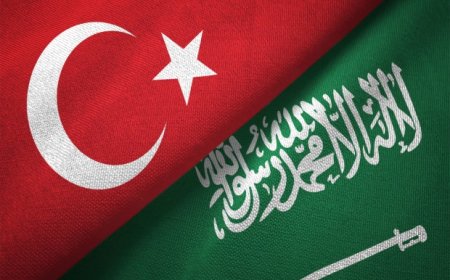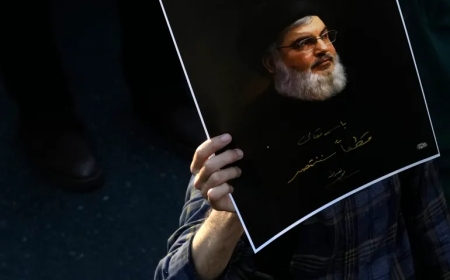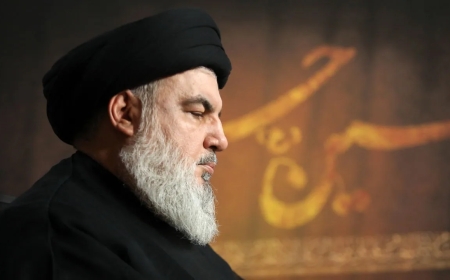Putin’s Baku Visit: A Strong Return to the South Caucasus?
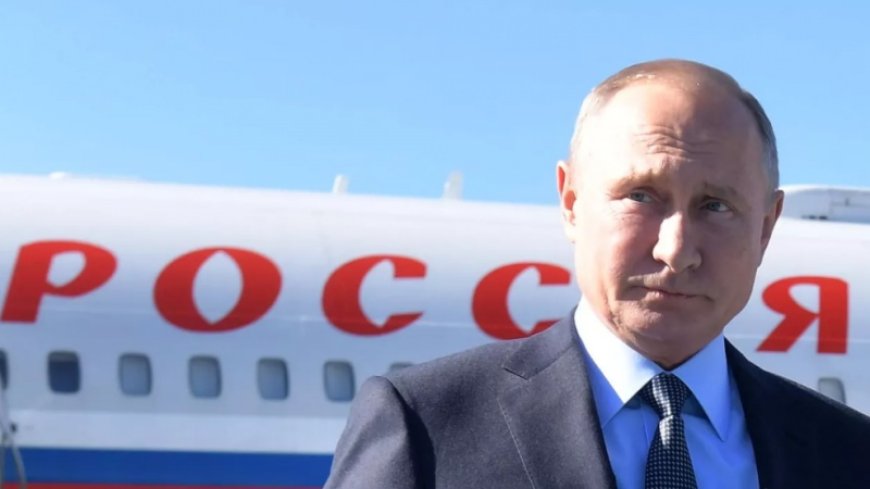
By: A. Mahdavi
Following the Ukraine conflict, President Vladimir Putin found himself under intense criticism from the Western media and facing diplomatic isolation. His international engagements became restricted, as the West was quick to depict him as a pariah on the international stage. However, Putin's recent return to the international arena indicates a change in both his confidence and Russia's geopolitical strategy. His recent two-day visit to Baku highlights a dramatic comeback in international diplomacy, emphasizing Russia's long-term influence in the South Caucasus and its steadfast commitment to shaping the regional and international landscape.
Putin's visit to Azerbaijan took place during an important juncture. Armenia, which was once a close ally, has recently distanced itself from the Kremlin and placed blame on Russia for its crushing defeat in the Second Nagorno-Karabakh conflict. In the midst of this diplomatic recalibration, Russia and Azerbaijan, two nations that had previously signed a strategic cooperation agreement in 2022, are reviving their partnership following a temporary pause caused by the Ukraine war. The visit of President Aliyev to Moscow, followed by Putin's reciprocal trip to Baku, represents the rebirth of a strong and strategically significant bilateral relationship.
Putin's visit focused on addressing both regional and global issues, as Russia sought to assert its traditional hegemony in the South Caucasus. Amidst the Ukraine conflict, Baku extended support to Kyiv by providing much-needed assistance, showcasing a sense of solidarity with Kiev. Although this approach may not have presented an immediate danger to Moscow, the Kremlin is still strategically concerned about the potential for Azerbaijan to increase its support, whether through providing weapons or aligning politically with Ukraine. Therefore, Putin's diplomatic strategy focuses on enhancing Russia's influence and preventing Azerbaijan from adopting a friendlier stance toward Ukraine.
Putin's visit served as a strong reminder to rival powers that the South Caucasus is still firmly within Russia's traditional sphere of influence, reaffirming political ties in the process. Moscow's message to regional actors, particularly Armenia, is clear: any alignment with Western powers that goes against Russian interests will not be accepted. Armenia's recent gestures towards the West have already angered Moscow, as the Kremlin has warned Yerevan that it could face a situation similar to Ukraine if it continues to distance itself from Russia. Through his visit to Azerbaijan, Putin demonstrated Russia's commitment to maintaining its dominant presence in the region and adjusting its position in the international system.
In addition to political considerations, the economic aspect of this trip was also significant. As the gas contract between Russia and Europe approaches its expiration at the end of 2024, Europe has been exploring alternative options for a potential supplier, with Azerbaijan emerging as a strong contender. Despite Ukraine's resistance to its renewal, Europe is actively considering other avenues. Given the interest shown by European countries such as Slovenia in procuring gas from Azerbaijan before 2027, Moscow is facing significant challenges. Putin's involvement with Baku aims to establish a presence in this growing market, strategically using Azerbaijani gas exports as a way to lessen the economic consequences of the European sanctions. This strategy would not only strengthen Russia's position as a global energy supplier but also help mitigate the financial challenges caused by the economic restrictions imposed by the West.
Azerbaijan's upcoming role as the host of the World Climate Summit (COP 29) adds an additional level of complexity to Putin's visit. Given Russia's abundant oil resources, it is crucial for the nation to safeguard its long-term energy strategy by ensuring that the resolutions of the summit do not pose any threats. Moscow's focus on this matter illustrates its broader interest in influencing global climate policy in a way that protects its economic interests within a growing global push for reducing greenhouse gas emissions. Also, Putin's visit to Baku goes beyond regional geopolitics and serves as a strategic maneuver to assert influence in debates that have the potential to affect Russia's energy future.
Overall, Putin's visit to Azerbaijan is a complex strategic move that strengthens Russia's geopolitical, economic, and diplomatic goals. The South Caucasus continues to be a highly contested region for influence, with Moscow showing a strong determination to uphold its dominance. By sending a clear message to Armenia about the potential consequences of strengthening its connections with the West, Russia reaffirms its position as the key hegemon in the South Caucasus region and aims to strengthen its position in the global arena.
In addition, Putin's strong ties with Baku provides an opportunity for Russia to expand its gas exports, allowing the Kremlin to bypass Western sanctions and continue its role as a major global energy provider. At the same time, Russia's focus on the upcoming climate summit highlights its capacity to influence global standards in line with its strategic goals.
In spite of the ongoing military confrontation with Ukraine, Putin's return to the global stage demonstrates Russia's unwavering diplomatic resilience. Defiant in the face of Western pressure, Moscow is asserting its presence and strength, sending a strong message to its rivals: Russia is a formidable player on the global stage, poised to navigate and influence the future with resolute determination.
